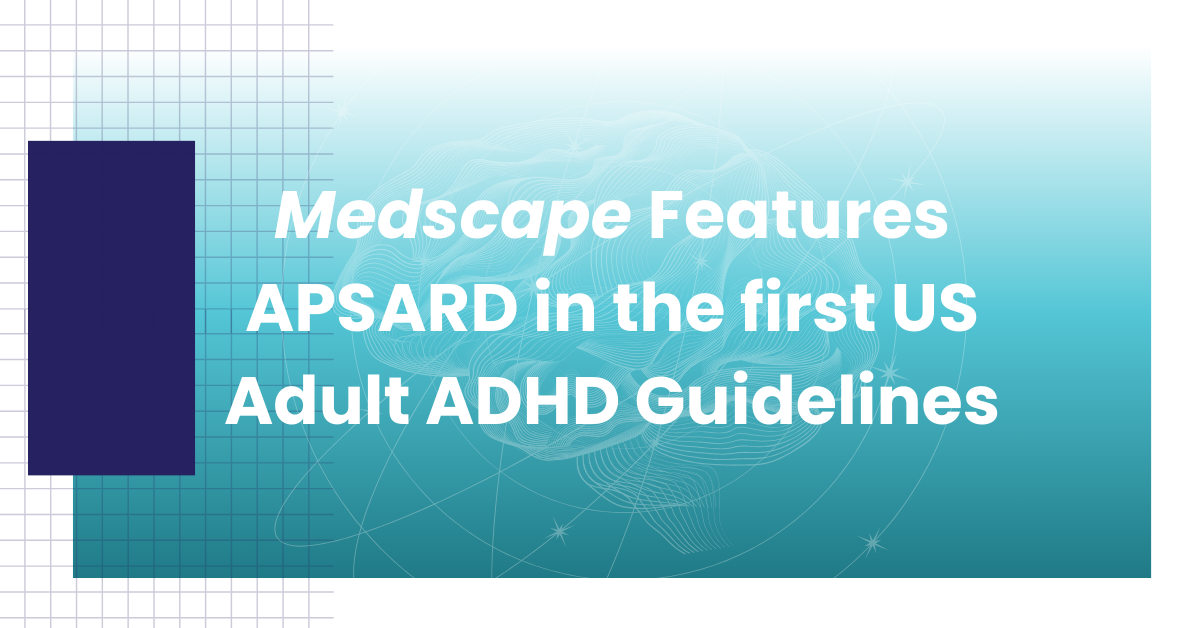Beth Krone, Ph.D. and Jessica Downes J.D.
The National Center for Complementary and Integrative Health (NCCIH) at the NIH places health and mental health products and practices in the context of rigorous science for reference of the public and professionals. Their April digest focused on non-pharmaceutical approaches to ADHD management, at https://nccih.nih.gov/health/providers/digest/adhd, and https://nccih.nih.gov/health/providers/digest/adhd-science. Here is an infographic of their findings for your reference:
| Treatment | Evidence | Effectiveness | Caveats | Safety |
| Omega-3 Fatty acids | Inconclusive | Not as good as stimulants. Better than DHA | Possible utility for treating sub-population with deficiencies | Prolonged bleeding time, shellfish allergy risks, gastrointestinal complaints |
| Melatonin | Limited: CEBM* level-1 |
No effect on ADHD | For sleep-onset only | Drowsiness, headache, dizziness, nausea, nightmares |
| Pycnogenol French Pine Bark | Insufficient | Unknown | Undetermined | Unknown |
| Ginko biloba | Insufficient | Not as good as stimulants | Not recommended for ADHD | Headache, nausea, GI upset, diarrhea, dizziness, allergic rash, increased bleeding risk |
| St John’s Wort | Ineffective | No effect on ADHD | Not recommended for ADHD may interact with ADHD medications | Sensitivity to sunlight, anxiety, dry mouth, dizziness, GI problems, fatigue, headache, or sexual dysfunction, serious drug interactions |
| Acupuncture | Insufficient | Unknown | Few Studies, limited evidence of benefit | Improperly performed acupuncture can cause serious side effects |
| Meditation | Insufficient | Unknown possible benefit | Many methodologically poor-quality studies | Unknown |
| Yoga | Insufficient | Unknown Possible short-term benefit | Too few and methodologically poor-quality studies | Must work with experienced trainers to prevent injuries |
| Aerobic Exercise | Insufficient | Unknown Possible short-term benefit | Too few studies | Possible injuries |
| Neurofeedback | Inconclusive | Unknown possible benefit |
fMRI studies show activation; recent sham controlled studies show no benefit | Unknown |
| Zinc | Inconclusive | Unknown | Used in populations with deficiencies | Zinc toxicity |
| Dimethylamylamine (DMAA) | Insufficient | Unknown | FDA warnings about serious side effects | Elevated blood pressure, heart attack, shortness of breath, chest tightness |
* Center for Evidence-Based Medicine

